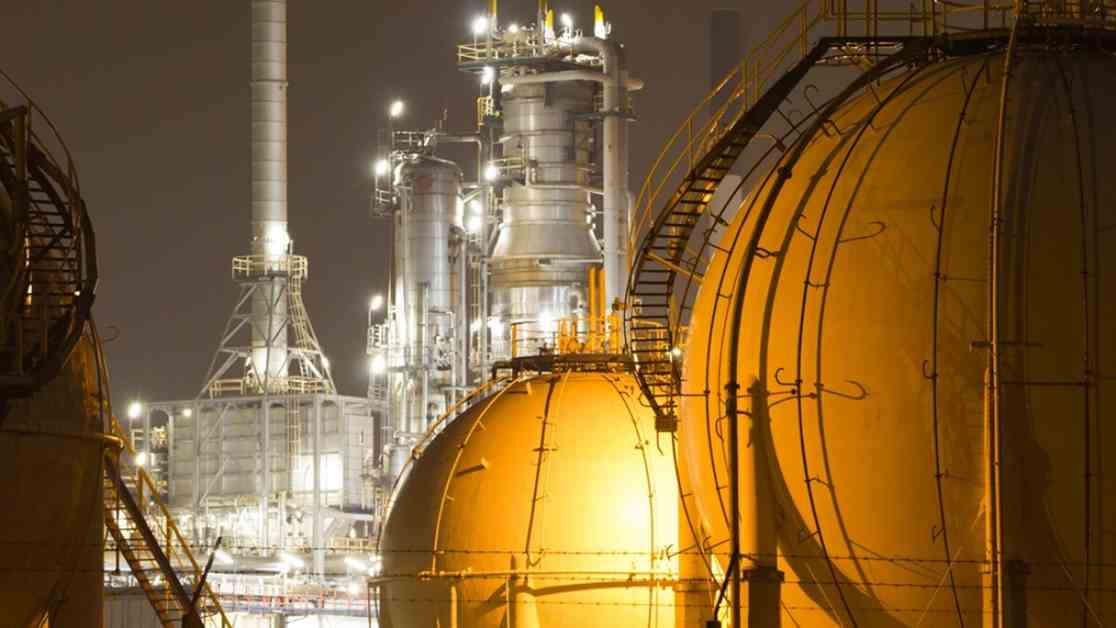Taiwan Signs Agreement With QatarEnergy as New North Field East Expansion Partner
Taiwan’s national oil company, CPC, has signed a long-term liquefied natural gas (LNG) supply deal with QatarEnergy that also gives Taipei equity in the North Field East LNG expansion project slated to come onstream in 2026. The parties signed an LNG sales and purchase agreement for delivery to CPC of 4 mtpa of LNG from the North Field East (NFE) over 27 years, QatarEnergy announced on 5 June. Qatar has been a top LNG supplier for decades to Taiwan, which imports 99% of its gas. QatarEnergy also agreed to transfer to CPC Taiwan a 5% interest in the equivalent of one NFE train with a capacity of 8 mtpa without affecting the participating interests of any of the other shareholders, among them Shell, TotalEnergies, Eni, ExxonMobil, and ConocoPhillips.
Taiwan’s terms are identical to those agreed with QatarEnergy’s two other Asian partners in the NFE—China’s Sinopec and CNPC. Qatar’s NFE project is part of its overall North Field LNG expansion program that also includes the North Field South and North Field West projects, which, together, will raise Qatar’s LNG production capacity to 142 mpta by 2030 from its current 77 mtpa. QatarEnergy CEO Saad Sherida Al-Kaabi who is also Qatar’s minister of state for energy affairs, signed off on the deal together with Shun-Chin Lee, CPC’s chairman, at an official ceremony at QatarEnergy’s Doha headquarters. Al-Kaabi noted the agreements strengthen Qatar’s 30-year business relationship, while Shun-Chin Lee praised the role that Qatari LNG has played in enabling Taiwan to supply its domestic gas market.
Taipei is building gas-fired power plants to satisfy 50% of its energy needs by 2025 while it phases out nuclear power. To support this plan, CPC’s new 27-year offtake guarantee provides stability of supply as it enters a period of having to raise imports. Currently, Taiwan imports 20 mtpa, with Australia and Qatar having supplied in 2023 about 8 and 5 mtpa, respectively, according to Natural Gas Intelligence, which cited Kpler data.
Taiwan Imports 99% of its Natural Gas as LNG, and, because its existing two receiving terminals are already at capacity, it is having to build four new terminals to achieve its overall goals, according to Taiwan’s Energy Administration, a part of the Ministry of Economic Affairs. According to its website, CPC says it expects terminal No. 3 to become operational by the end of 2025, after which three more terminals will be built along with offshore and onshore pipelines and other infrastructure to integrate the gas-delivery system efficiently north to south across the island.
In March 2023, Japan’s JFE Engineering won the $229 million contract to construct the first new-build terminal, which is 1 km from the city of Taoyuan, a major technology hub on the northwest side of the island, news agency NikkeiAsia reported. Because the strong winds that occur near Taoyuan can delay offshore construction, JFE is building pipe platforms at a nearby port to limit offshore work to simpler activity such as welding—a method JFE has used in constructing LNG terminals in Japan, the Asian news agency reported. Taiwan is also enlarging its storage capacity to enable it to stockpile 24 days of LNG reserves by 2027, an increase from 15 days in 2019, according to the country’s Energy Administration.
In July 2022, Bechtel broke ground with CPC Taiwan and Taiwanese engineering firm MRY to design and build LNG tanks for the CPC Taichung Phase III LNG import terminal near the city of Taichung, according to a Bechtel news release at the time. CPC contracted with Bechtel for engineering, procurement, and construction services for two 180,000 m3 full-containment LNG tanks, the largest ever built in Taiwan, Bechtel reported. Taichung is a major port city 133 km south of Taoyuan and is the site of another of the four new LNG import terminals under development.
















